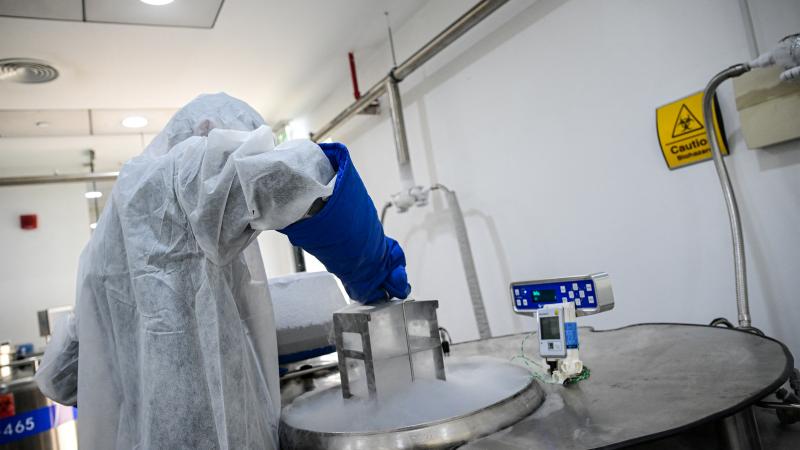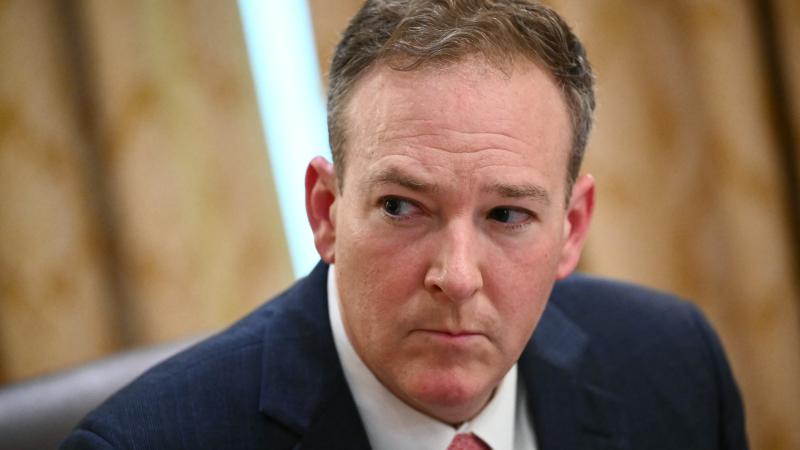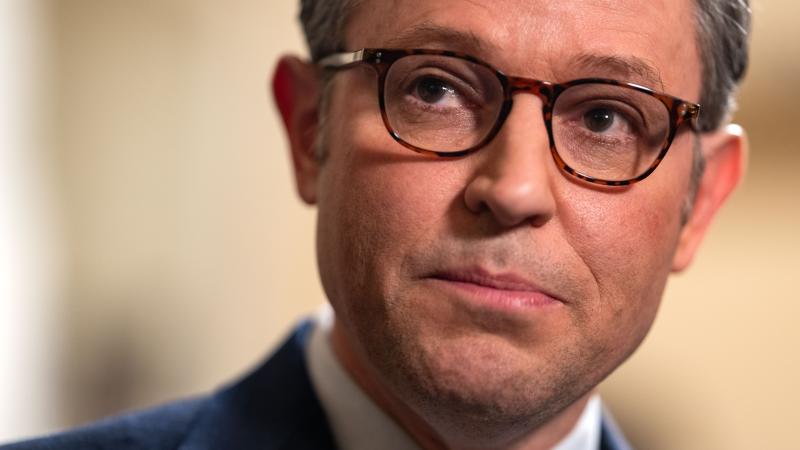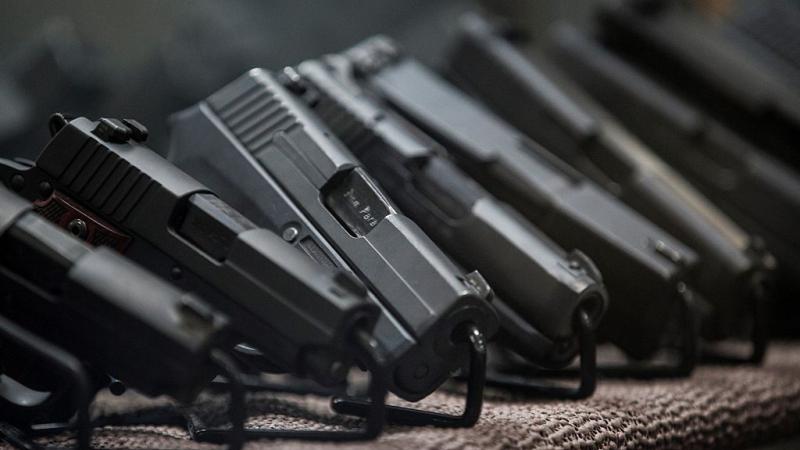'Significant' damage found in brain of Maine gunman who killed 18 people
As an Army Reserve grenade instructor, the damage was potentially from blasts during training.
The gunman who killed 18 people in Maine's deadliest mass shooting was found to have "significant" brain damage, similar to that found in other people who have been exposed to repeated weapons blasts.
The family of Robert Card, the Army Reserve grenade instructor who took his own life after the deadly shooting spree in October 2023 in Lewiston, released the findings of an analysis of his brain tissue through the Concussion Legacy Foundation "in an effort to help prevent future tragedies," the foundation said Wednesday.
"Robert Card had evidence of traumatic brain injury," said Dr. Ann McKee, who led the post-mortem study of the gunman's brain at the Boston University Chronic Traumatic Encephalopathy (CTE) Center.
Although his brain did not show signs of CTE, the brain disorder likely caused by multiple head injuries, white matter nerve fibers showed "significant degeneration, axonal and myelin loss, inflammation, and small blood vessel injury," McKee also said.
"While I cannot say with certainty that these pathological findings underlie Mr. Card’s behavioral changes in the last 10 months of life, based on our previous work, brain injury likely played a role in his symptoms."
Card, who never experienced combat, had been exposed to eight years of thousands of blasts during training, and he started hearing voices and having delusions and he became more violent and erratic in the months before he died, his family said, according to The New York Times.
The Army has said that the blasts, like those that Card experienced, were safe.
Card's family released a statement expressing their apologies and sorrow for the tragedy.
"While we cannot go back, we are releasing the findings of Robert’s brain study with the goal of supporting ongoing efforts to learn from this tragedy to ensure it never happens again," the Card family said. "We know it does not fully explain Robert’s actions, nor is it an excuse for the horrific suffering he caused, but we thank Dr. McKee for helping us understand his brain damage and how it may have impacted his mental health and behavior."
The family also said they "hope to raise awareness of traumatic brain injury among military service members."















